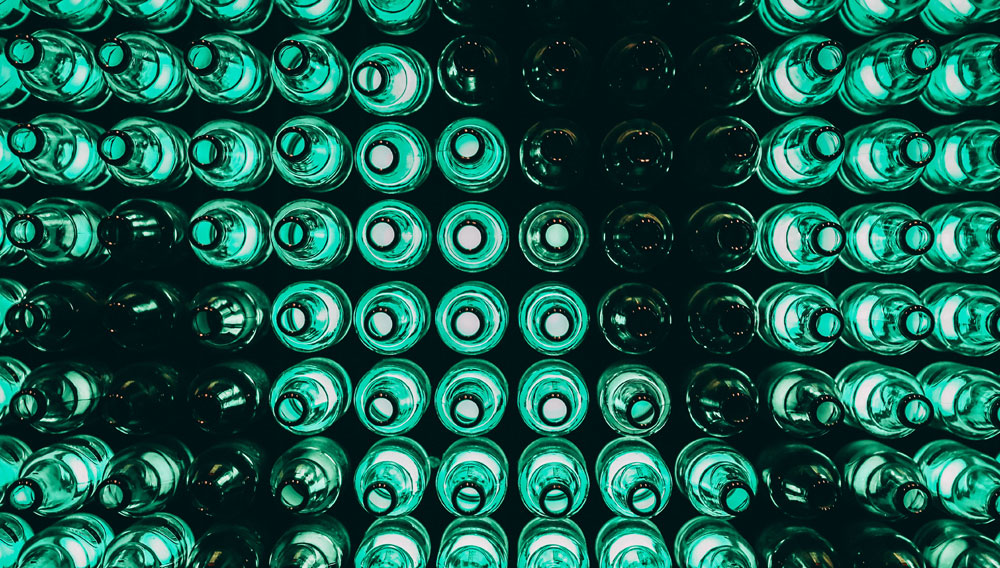Europe/Russia
United Kingdom | Diageo is reportedly considering the sale of its controlling stake in Chinese baijiu producer Sichuan Swellfun as part of a wider programme of disposals. The move would allow Diageo’s new leadership to cut debt. The new CEO, Sir Dave Lewis, started his role on 1 January.
Europe/Russia

United Kingdom | Black Sheep Brewery is still “trading as normal” despite it and the Yorkshire firm’s parent company, Keystone Brewing Group, submitting repeated notices of intention to appoint administrators in the past eight weeks.
Europe/Russia
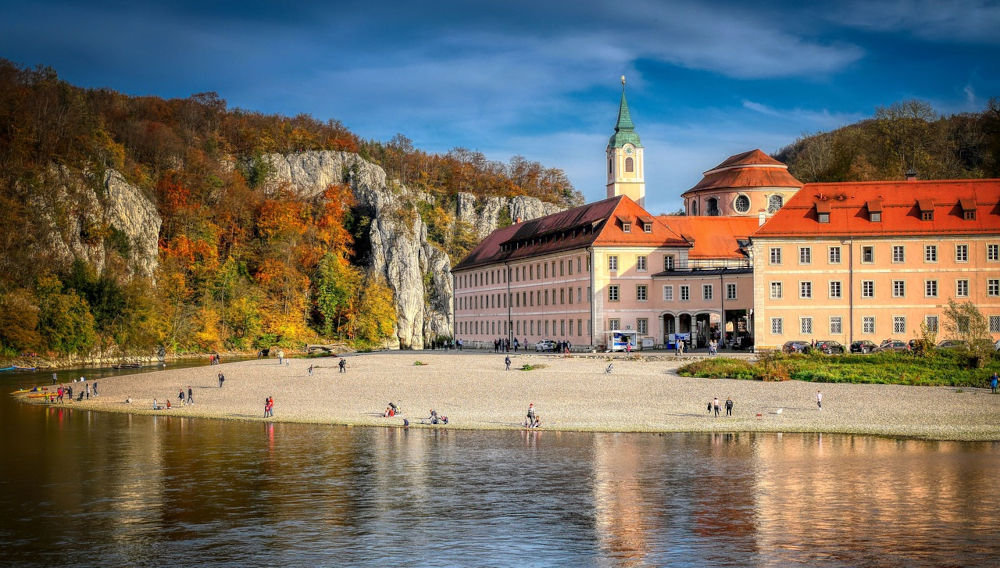
Germany | Call it a Bavarian rescue mission. The family-owned brewery G. Schneider & Sohn (“Schneider Weisse”) from Kelheim, Bavaria, will acquire the trademark rights to “Bischofshof” and “Weltenburger” from the struggling Bischofshof brewery in Regensburg, Bavaria, on 1 January, 2027. Schneider has been contract brewing for Bischofshof before becoming its rescuer.
Europe/Russia
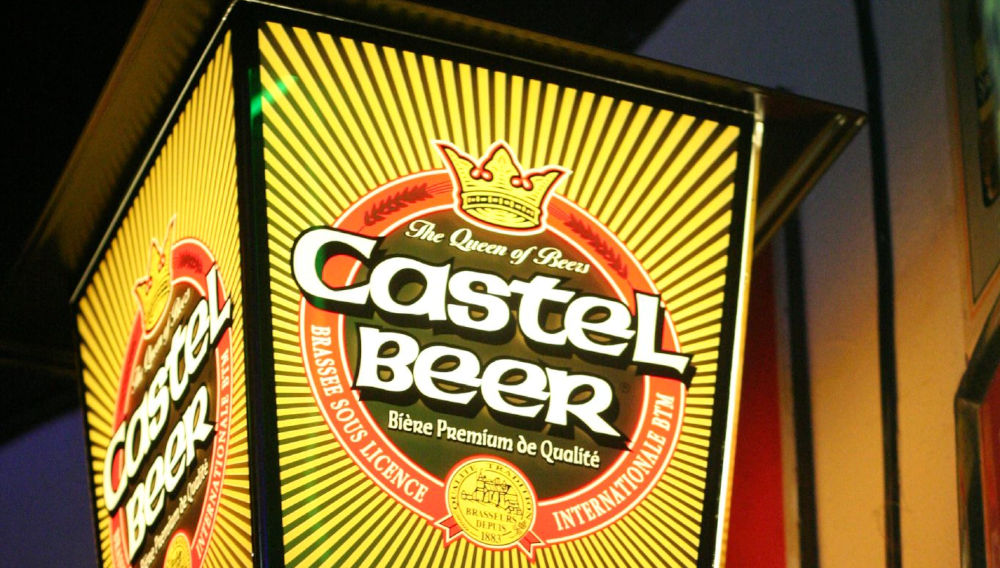
France | You can tell something is seriously wrong if family members of the notoriously secretive French Castel Group start talking to the media. Reports say that two Castel family members want to oust the former Swiss tax lawyer-turned-Castel CEO, Gregory Clerc, 39. They accuse him of a power grab and pursuing a vision for the group which is not in accordance with the family’s values. But the latest attempt (8 January) to sack him failed.
Europe/Russia
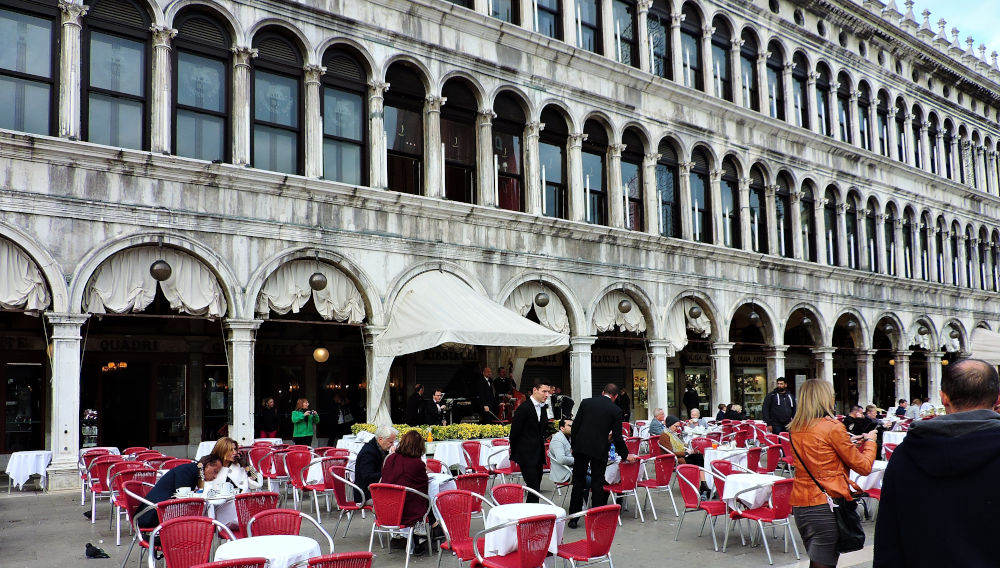
Italy | Although Italy is enjoying an unusual bout of economic stability, chronically low GDP growth means the government does not have enough money to satisfy all the demands of Prime Minister Giorgia Meloni’s coalition partners. So Assobirra, an industry body representing the majority of Italy’s breweries, is mightily pleased that the government has agreed to lower the excise on beer to EUR 2.98 (USD 3.45) per hl and per degree Plato, compared to the current EUR 2.99, for the years 2026 and 2027.
Europe/Russia
The Netherlands | Heineken will release its full year 2025 results on 11 February. Considering that Heineken CEO Dolf van den Brink chose to resign on 12 January after six years at the helm of the world’s number two brewer and only a few months after outlining its new strategy, the figures may not look all that good.
Europe/Russia
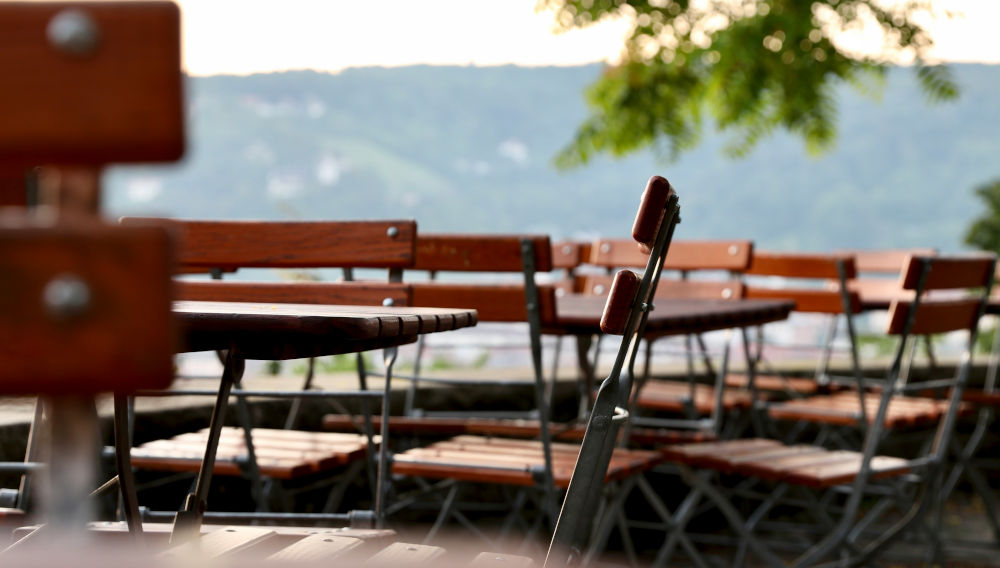
Germany | The sales crisis in the German brewing industry deepens. According to figures from the Federal Statistical Office cited by the German Brewers' Association (DBB), beer sales in November 2025 were down 8.2 percent over the same month in 2024, both in total and in terms of taxable volume sales.
Europe/Russia
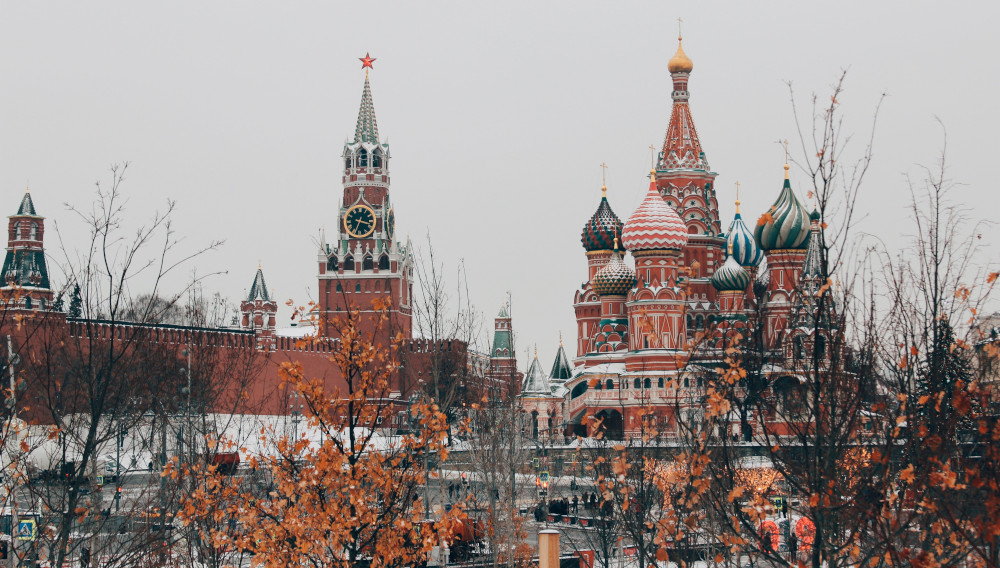
Russia | Retail sales of beer dropped by 17 percent in 2025, according to official estimates, while beer production was down only 0.5 percent, or even up by some percentage points over 2024. How to explain these wide discrepancies? Alexey Nebolsin, Vice-President of the Federation of Restaurateurs and Hoteliers of Russia, warned on the website aif.ru (23 December): “In reality, the situation is quite different.”
Europe/Russia
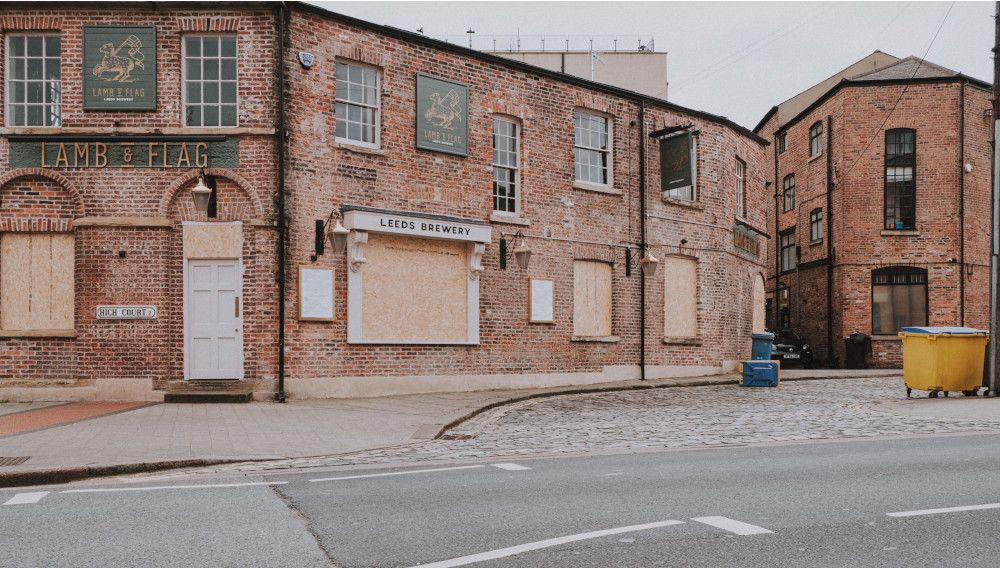
United Kingdom | Data shows 366 pubs have been demolished or converted for other uses last year as cost pressures take toll on sector. Industry experts said the data highlighted the “drastic” situation for British pubs ahead of higher property tax payments for many from April.
Europe/Russia
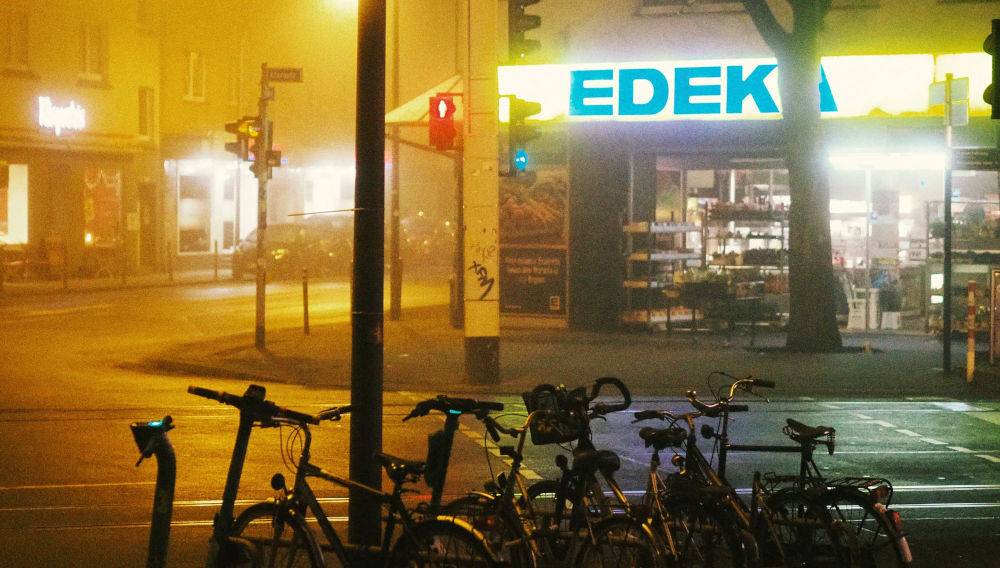
Germany | The dispute over higher beer prices between the Edeka supermarket chain and AB-InBev has been settled and all of AB-InBev’s brands will be available again, German media reported on 2 January. Edeka’s headquarters in Hamburg did not provide any further details, citing competition reasons. Edeka is a member of the transnational purchasing group Everest, which was also involved in the dispute.




